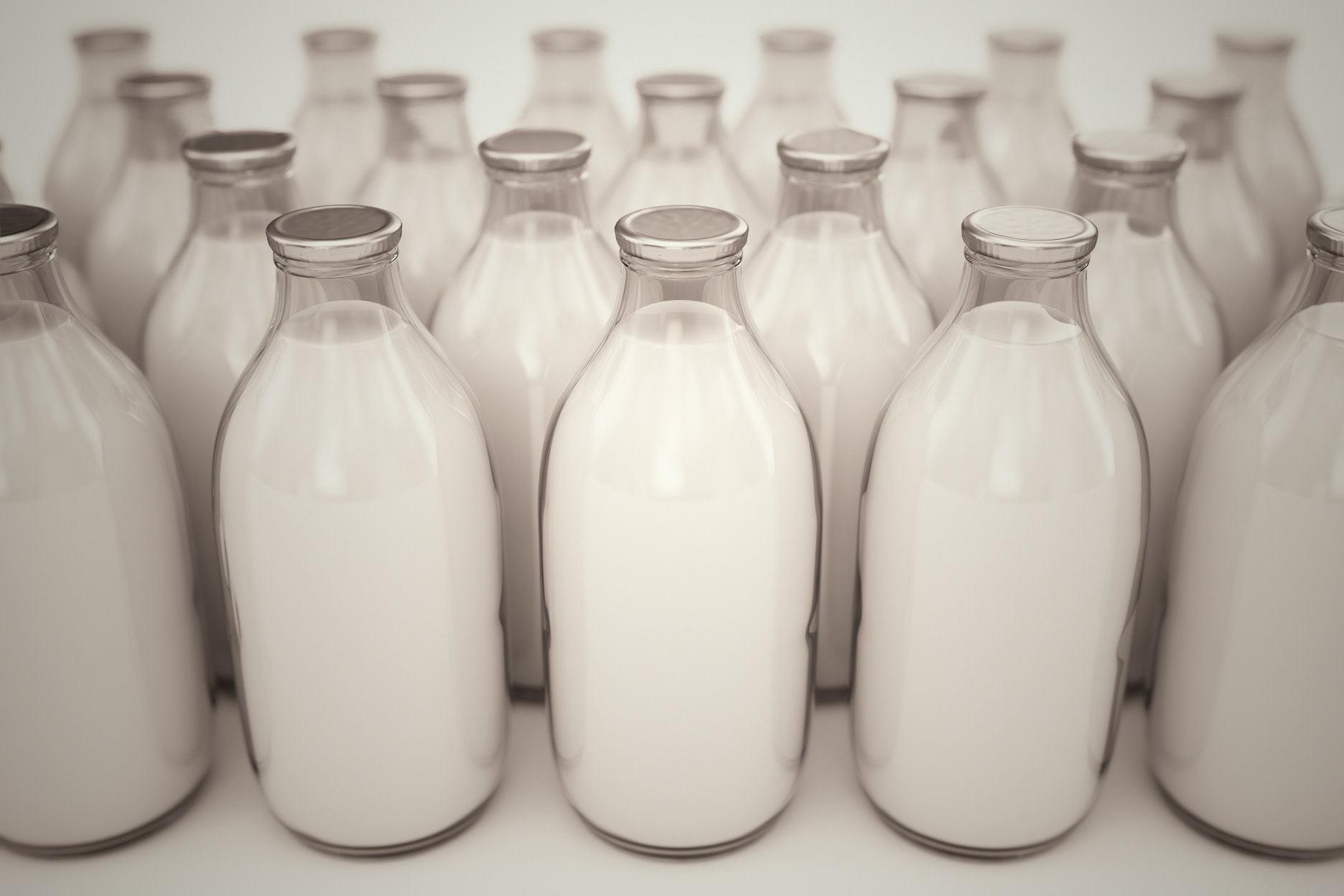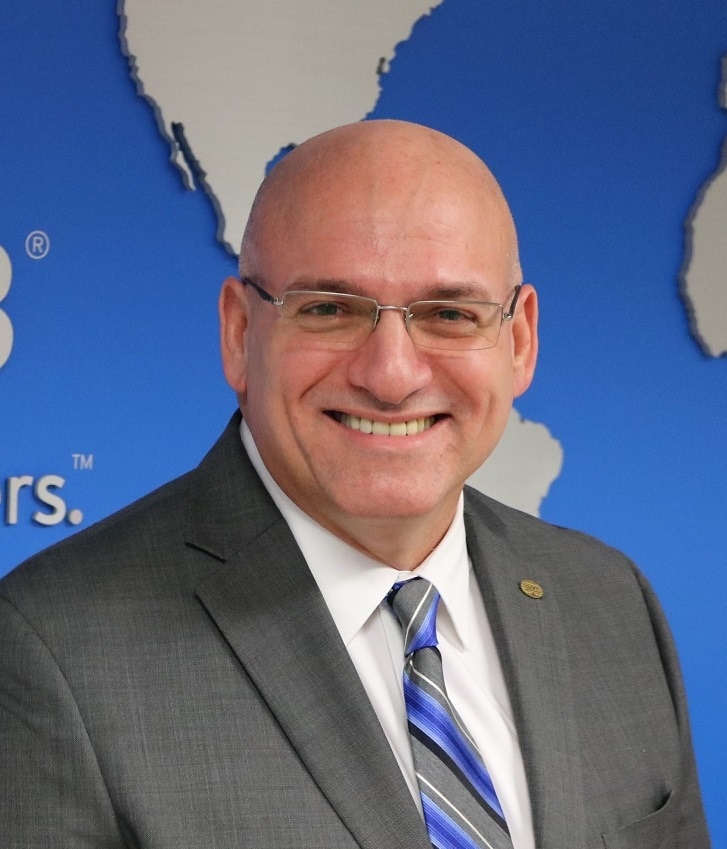Winning the Battle Against HRS

Latin America’s love for milk has resulted in high growth of milk consumption in that market, including flavored milk. However, people are not the only ones who love milk. There are micro-organisms in the environment that thrive in milk and that are highly heat-resistant spore formers (HRS), which can survive even ultra-high temperature (UHT) pasteurization.
Here is what we know about HRS and how our industry-leading services, solutions and expertise are helping companies in Latin America control and manage HRS.
What we know about HRS
HRS bacteria are present in the environment, feed and pastures where cows live and can contaminate milk in several ways. When exposed to heat, HRS bacteria develop a membrane that hardens and looks like a small seed - known as a spore - to encapsulate itself and stay dormant. When the optimal conditions are present, such as the right temperature and moisture, the spores wake up, eat and reproduce. Milk provides all the desirable conditions for HRS bacteria to thrive.
HRS can be present at any stage in the milk production process. Improper sanitary conditions of equipment and tools at the farm or the milking parlor can contribute to the presence of HRS bacteria. Milk can also be contaminated during transportation if bulk tankers and equipment are not correctly maintained or at the dairy plant due to poor sanitary design or lack of good manufacturing practices (GMP).
HRS challenges in milk processing plants
One milk processor in Latin America contacted Ecolab because their UHT milk was changing color and taste shortly after the consumer opened the container. The product deterioration made it unappetizing and rapidly unconsumable, resulting in heavy losses for their business.
Ecolab partnered with the customer to do an in-depth analysis of their milk operation, equipment and cleaning and sanitation processes. Using our expertise and adapting our solutions to the customer’s operating conditions, we provided consultancy and chemistry programs to address the underlying issues. As a result, the customer’s UHT milk quality improved, product losses at the plant were significantly reduced, and revenues increased.
Ecolab is a reliable partner to our clients
Ask any milk processor about financial losses resulting from contaminated milk, and they are likely to refer to the importance of having the proper cleaning and sanitation program in place, supported by the right chemistry and the right partner.
Milk is complex; it contains fat, protein, carbohydrates, and minerals. Adding ingredients and flavors to, or enriching milk and milk-based products, further complicate soiling of surfaces. Ecolab offers industry-leading chemistry programs and solutions that deliver maximum cleaning and disinfecting results, while maintaining food safety standards.
Some of the solutions and services Ecolab provides include:
• Products for cleaning and disinfection of all milk processing surfaces
• Clean In Place (CIP) and Clean Out of Place (COP) solutions
• Dairy Quality Enhancement Program (QEP)
• Products for udder treatment
• Products for the cleaning and disinfection of hands
What our clients tell us
Ecolab delivers proven results that protects the milk quality in all phases of milk production. We are strong food-safety partners worldwide. Our clients value our products, high-level support and technical expertise that deliver effective solutions and ensure safe milk production. Our experience and hands-on approach give our clients effective and efficient control of contamination problems that may arise in their milk manufacturing processes, resulting in reduced milk losses, increased cost-savings and production efficiencies, all while protecting the reputation of their brands.
Ecolab’s partnership with dairy processors helps them ensure that every time their consumers pour a glass of fresh milk, serve up a bowl of cereal or make some delicious hot cocoa or “café con leche,” consumers enjoy it with confidence knowing that their milk is kept safe from the farm to their table.



